艾问毛大庆:46岁创业,你图什么?
本文章刊登在CHINA DAILY-艾问专栏
他曾在凯德置地的新加坡总部工作多年,在如鱼得水之际选择离开,回到中国;
He worked many years at CapitaLand's headquarter in Singapore, and left at the peak of his career at CapitaLand to return to China.
在万科的五年里,将北京万科的销售额从43亿拉升到200亿,又再度离开,另立门户;
During his five years in Vanke Beijing, he increased the annual revenue from 4.3 billion to 20 billion RMB. After that, he left again to found a new company.
面对刚刚起步的公司,他开疆拓土,成立三年即并购七家同行业公司,如今线上会员9万人,全球管理面积突破17万平方米,覆盖4个国家,7个地区,37个城市,上市日程进入倒计时……
He explores and expands to new territory with his new company. As a company less than 3 years-old, it acquired or merged with seven competitors. Currently, It has 90.000 on line members, manages a total space exceeding 170 thousand sqm across the globe, covering 4 countries, 7 regions, 37 cities, and expects to launch its IPO soon.
毛大庆,他的故事就是不断为自己设置门槛、再努力跨越,又重新设置更高门槛的故事。
Mao Daqing's stories are stories about setting high goals for himself, achieve the goals and then set higher goals.

故事一:Story No.1:
毛大庆入职北京万科时,销售额是43亿元;五年后,毛大庆让这个数字变成了200亿。与之相应的,他也得到了万科顶级职业经理人的千万年薪。
When Mao Daqing first joined Vanke Beijing, its revenue was 4.3 Billion RMB. Five years later, Mao Daqing managed to change this number to 20 Billion. As an reward for Vanke's top professional manager, he received an annual salary of more than 10 million.

就是这样一份千万年薪,却成为毛大庆万科生涯的句点。毛大庆离开万科,是人们意料之外、却又意料之中的事情。对于半夜三更写文章、冰天雪地里跑马拉松的毛大庆来说,不断追寻新的刺激,不断设置门槛,又不断突破自我,才是他最想干也是他一直在干的事情。
This high salary concluded Mao Daqing's journey at Vanke. His departure was out of expectation, but it was within understanding. As someone who stays up late to write articles, who runs marathon on the frozen winter roads, Mao yearns for new excitements and challenges. He desires and needs to keep pushing himself further.
他曾经这样解释:“这个数字的变化确实让我到达了一定的高度,但仅仅是数字的变化和叠加,已经不能再带给我新的刺激和追求。”
He used to explain it this way: "This number change helped me to reach a new level. However, the increasing revenue itself can no longer bring me more excitements and does not make me feel fulfilled."
2014年,毛大庆在投资人徐小平家中的餐巾纸上写下了仅有五、六行的商业企划书;2015年,46岁的毛大庆正式变为优客工场创始人。过往已被清零,新的征程已然开始。
In 2014, Mao Daqing wrote a business plan of five or sixlines on a napkin at investor Xu Xiaoping's dinner table. In 2015, the 46-year-old Mao Daqing officially became the founder of Ucommune. The past was reset, the new journey has started.
艾问毛大庆:46岁创业,你要什么?Founding at 46, what is your goal?
毛大庆:最早的时候其实是2014年的夏天,徐老师追着我满地跑。那时候大家在讨论房地产可能要有一些新东西,能做一些更有意思的事,大家想的是看看能不能做一些,可能在资产的管理,内容的生产,包括人的运营,去做一些更有意思的东西,但是还是围绕房地产,至于说那个时候是不是那么清晰的想到今天要做的联合办公以及联合办公衍生出来的社群平台,还没成型。
Mao Daqing: In the beginning, it was the summer of 2014, Mr. Xu was asking me lots of questions. Back then, we discussed that we need something new in the real-estate market, something more interesting. We were thinking about different approaches around the topic of real estate, such as asset management, content production or people's operation. But we did not come up with a concrete idea regarding what we are doing today, namely co-working space and the social platform around it.
艾诚:要做这么大,当时没想到吧?
Gloria Ai: Back then, you probably did not expect it to reach such a big scale as today?
毛大庆:那当然,我想所有的大都是在无意中形成的。
Mao Daqing: Of course not. I think most of the great things happen by accident.
艾诚:一个创业者真的需要这样的空间吗?
Gloria Ai: Do entrepreneurs really need spaces like this?
毛大庆:我觉得大家现在把创业者想的还是原来的那种老创业者,或者以前的创业者,就是很苦的那种创业者,但是今天这一代的创业者,我想有两个特点:一个,我想更多的可能他们已经是在生活方式里创业了,所以今天很多人他们并不是为了谋求一点生活的改善,或者是挣一点钱去创业,这是一个很大的特点,很多人是为了实现一些自己的想法。
Mao Daqing: I think people still regard entrepreneurs nowadays like the ones from the old days, who went through tough times. But I think there are two things that are different for today's generation. One is that founding has become a lifestyle. These entrepreneurs did not found to improve their lives or to earn money, but they found to realize their dreams.
另外一方面,今天的创业最大的不一样是大家的资源已经越来越处在共享的状态下,所以太多的跨界,太多的知识分享,太多的要从不同的人那边汲取能力,所以今天的创业已经变成了一种活化的东西。
On the other hand, founding a company today is different because more resources are being shared together. There are too many cross-discipline collaborations and too much knowledge sharing. You need to learn a variety of things from different people. Therefore, founding a company today is very different, it is about making things happen.

我很喜欢鲁迅的一句话,“你们所多的是生力,遇见森林,可以辟成平地的;遇见旷野,可以栽种树木的;遇见沙漠,可以开掘井泉。”这就讲的是创业人的厉害,逢山开路,遇水搭桥。无中生有,点石成金,创业的人就是干这样的事情,否则你就不是创业了。
I like this sentence from Lu Xun: "You have strength and to spare; if you come to a dense forest, you can cut it down; if you come to awilderness you can plant trees; if you come to a desert, you can sink wells." This could also refer to the strength of entrepreneurs. When they come to a hill, they cut a road. When they come to streams, they bridge them. They create things out of nothing and turn stone into gold. This is what entrepreneurs do, otherwise, they are not called entrepreneurs.

故事二:Story No. 2:
毛大庆身上有两个无法让人忽略的标签,其一是优客工场的创始人,其二是马拉松爱好者。
There are two distinct labels of Mao Daqing. One is the founder of UCommune, the other is a marathon runner.
这位自认为“小脑不发达的体育盲”,从最初的800米到1公里,再到2公里、3公里,一个月后,他完成了人生中第一个连续的5公里。如今,即便是北京零下16度的清晨,他也会坚持去公园跑步“刷圈”。
As a self-proclaimed non-athletic person, he started with 800m in the beginning to 2 to 3km, and eventually later one month, he madeit to his first 5k in his life. Nowadays, he runs regularly even in Beijing's chilly early winter mornings which can reach minus 16 degrees.

转眼六年时间,毛大庆已经跑了91场马拉松。他的身份由长跑小白,变为马拉松的“关门兔”——学名叫配速员,任务是鼓励并带领参赛者继续前进直到完成比赛,这无疑是马拉松运动者实力与经验的一种有力证明。
6 years later, Mao Daqing finished 91 marathons. From someone who never ran, he now is a "rabbit",which is the informal name of a pacemaker or pacesetter, a runner who encourages and leads other runners to finish the race. This is for sure a stark demonstration of the skill and experience for any marathon runner.
毛大庆似乎很享受从零到一的创造感:跑马拉松如此,在凯德、万科时候如此,共享办公更是如此。
Mao Daqing seems to enjoy the "from 0 to 1" experience — he gains fulfillments through creating things from scratch, such as running marathon, during his times at CapitaLand, Vanke and also the Coworking space.
不同于其他行业“散兵游勇—嗜血竞争—并购整合”的阶段发展论,跑步前进的毛大庆似乎也为“共享办公”行业提了速,在行业起步阶段,并购即随之而来。
In other industries, companies usually go through 3 different development phases. They start off with a few stragglers, which turn into heated competitions at a later stage. And finally, M&As come along. The runner Mao Daqing seems to have speeded up the coworking industry and started M&A from early on.
优客工场成立三年,已经完成了七场并购,最近一次发生在10月份,优客与方糖小镇签署了相关并购协议。如今的优客工场仍旧保持着每月一万平方米的增长面积,毛大庆的同行者越来越多。
With less than 3 years of history, UCommune has already done 7 M&A deals. The most recent deal happened in October when Ucommune starteda merger with Fountown. Nowadays, Ucommune keeps a growth of 10.000 sqm permonth with more and more people joining Mao Daqing.
艾问毛大庆:合纵连横,你图什么?All these cross-collaborations, what for?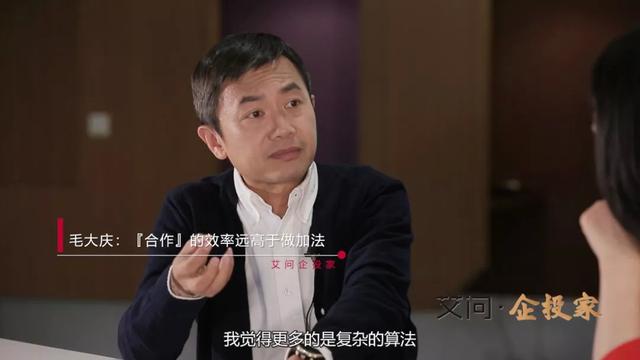
毛大庆:我是一个特别喜欢搞合作的,这也是我个人的特点,我的性格使然。因为我从小的时候,可能看了很多《孙子兵法》或者《三国演义》,其实我一直认为没有一件事情在今天这个时代是靠哪一个英雄能够自我完成的,它一定是大量的合作,把各自的智慧,把大家共同的探索凝聚在一个上面,它会加速、加倍你的发展的状态,它不是一个加法,我觉得更多的是复杂的算法,它可能是资源的快速累计,这一家跟这一家相乘,再乘另外一家,它肯定不是三倍的作用,它有更多的价值在里面。
Mao Daqing: I am someone who loves collaborating. This is part of my trait. Maybe because I read too much "The art of the war" or "Romance of the Three Kingdoms" when I was young. I think in today's world, things are not achieved by one single hero, but through many collaborations to accumulate individual wisdom and exploration collectively onto one thing. This increasedrate of development is not a linear function but much more complicated. It could be the fast accumulation of resources. For instance, if three forces are joint together, the effect will not be 3 times, but much more.
艾诚:并购的过程阻力大吗?
Gloria Ai: Did you face a lot of resistance during the M&A process?
毛大庆:总的还好,因为大家其实都是在偏早期的创业,对于收购,可能也是我的一个工作经历所导致的,因为在凯德置地时代,经我手并购的房地产项目,或者叫房地产公司,大概得有十几个,我们到北京,我第一次回到北京,阔别了十多年回来北京,第一个项目就是并购。
Mao Daqing: It is okay over all. Because most of the firms are quite early-stage. Regarding so many M&As, maybe it is due to my previous working experiences. Back at CapitaLand, I have done more than a dozenreal-estate mergers. Coming back to Beijing after more than 10 years, my first project was also an M&A project.
艾诚:所以并购是你发展的套路?
Gloria Ai: So M&A is your go-to-strategy for growth?
毛大庆:并购好像是我这么多年工作一贯的习惯,包括后来到了万科,像万科大都会、皇城77号,这些项目全部都是并购来的,好像我过去的这18年里,就没停的在做并购。我一直认为合纵连横是一个非常好的战略手法,让同道者变得多多的。
Mao Daqing: M&A seems to be a working habit of mine, including my later projects at Vanke. Projects such as Vanke Metropolis, Imperial 77 all came from M&A. It seems that, in the past 18 years, I have never stopped doing M&A. I always believe that cross-collaboration is a very good strategy to gain more collaborators.

故事三:Story No. 3:
全球共享办公的创业者都在思考同一个问题——共享办公与“二房东”的区别到底在哪里?毛大庆自然也不例外,对于这个问题,他有着自己的答案:增值服务。
All entrepreneurs in coworking space business around the globe are trying to solve one question: what is the difference between a coworking space and a sublessor? Mao Daqing is not an exception, and he has his own answer to this question: Value-add-services.
在毛大庆看来,共享办公的重要盈利来源并非租金,而是财法人宣等企业辅助业务的收入、保险、体检的收入、软件的收入、甚至流量巨大的广告收入,这些多元化的收入终将取代租金,进而支撑起整个行业。
From his perspective, the main profit of coworking space should not come from rent, but enterprise supporting services such as financial, legal, human resource, marketing services. Additional income also comes from insurances, health checks, software or high-traffic advertising. These multi-channel incomes will eventually replace rent to support the whole industry.

如果说毛大庆利用马拉松成功打破了自己的边界,那么他正在用投资打破优客工场的边界,他带领优客工场投资了39家生态型企业服务公司:从媒体到体育,再到娱乐和知识产权,这些投资统统围绕着一个逻辑:让办公更舒服,“不只是身体的舒服,还有思想的舒服,还有交流的舒服,社交的舒服。”
Just like Mao Daqing went beyond his own limits with running Marathon, he is breaking the limits of Ucommune through investments. He led Ucommune to invest in 39 eco-system oriented enterprise service firms. From media to sports, from entertainment to intellectual property, all these investments are related to one thesis–make working more comfortable — "Not only physically, but also mentally, communicationally, and socially comfortable."
优客工场利用入驻企业的使用数据,发现投资潜在目标;而投资的企业,也将直接服务于入驻企业。联合办公的完整生态链,在毛大庆的企投活动下,就此成型
Ucommune observes the usage data of its tenants to find potential investment targets, and those firms will the directly serve other tenant firms. A whole ecosystem chain of coworking is formed under Mao' investments and entrepreneurial activities.
艾问毛大庆:奔跑在企投路上,你想什么?Investing and founding at the same time, what do you want to achieve?
毛大庆:我从1991年走进工作岗位,我回顾了一下,我好像没有过过一年不累的日子,我也不知道是我的命比较奔波,就是劳碌命,还是我喜欢这样去折腾。
Mao Daqing: I started working in 1991. Looking back, I have never been relaxed since then. I do not know if I am destined to be a busy bee, or it is just my personality.
艾诚:什么样的性格使得你决定一年都不能休息呢?
Gloria Ai: What kind of personality makes you think you can't take a break?
毛大庆:我是一个闲不住的人,归根结底讲,我现在对我自己有一些总结,我创业以后,创业是一个问心的事情。
Mao Daqing: To conclude I can't keep still. I have reflected a lot about myself after I started my own business. To found a company, you have to question yourself and your motivations a lot.
艾诚:说说你的心里话。
Gloria Ai: Then what are your reflections?
毛大庆:我还真是问了问自己,就是为什么会去选走这样的人生状态,为什么二十三四年以来,就没有闲过,我可能也不太愿意自己闲,我有一个基本的认同就是什么驱使我这样呢?首先还是我自己内心的动作,因为我一直认为我是一个相当明确的过程主义者,我要用时间去投资在我的人生的过程中,用时间去投资。我们只有一样东西是可以拿来去投资的,而只有这样的东西投完了就不再有了,就是时间,就是人生的时间。
Mao Daqing: I did question myself why choosing this lifestyle I am living now. Why I was never idle in the past 30 to 40 years? Maybe because I do not want to have a break. I reached a basic understanding of what drivesme. It is from deep inside. Because I think I am quite a process-driven person, I am spending the time to invest in myself and my life. There is only one thing we have to invest, and one thing which is exhausted after its use, which is time, the times of our lives.
艾诚:没错,哪里安放你的时间,哪里就是你的生命。
Gloria: True. Your life is where you allocate your time.
毛大庆:哪里就是你的价值,你生命的价值,因为今天的节目叫《艾问企投家》,我看到这个题目的时候,我突然间就想到企投家,投的是什么东西,我们拿什么在投?投的对象是啥?我其实更想说我们每个人都在给自己投资,每一天都在投资我们自己,我们拿什么在投呢?实际上我们是拿时间在给我们自己投资,而且你投完了就不再有。
Mao Daqing: It is where your value is, the value of your life. Today's program is called iAsk Entrepreneur-turned-investors. When I read this title, I suddenly thought, what are the Entrepreneur-turned-investors investing in? With what means are we investing, and who are the targets? I want to say that, we are all investing on ourselves every day. And after it is spent, the time is gone.
今天我们俩人聊这一下午,可能我们俩人生里都取消了这一下午,所以我也挺感动,你把这个下午留给了我,我也很认真的把这一下午献给你,实际上我们每天都在为自己做投资。而且我们不知道我们能投多久,我们也不知道投完的结果是什么,所以无问结果,不要去问结果,也无问西东,可能更重要的是去问自己投的这些东西,你自己觉得值不值。
Today we sat here and chatted the whole afternoon. It means this afternoon is gone for both of us, in our lives. So I am quite touched that you gave this afternoon to me, and I gave it to you. Actually, we are investing everything for ourselves. And we do not know how long we can keep investing, and what the final results are. So there is no need to ask about the results. Maybe it is more important to ask yourself, after spending the time, you think it is worth it?
—END—



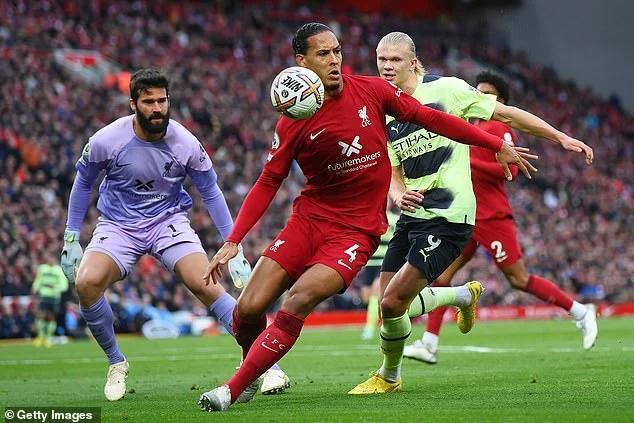
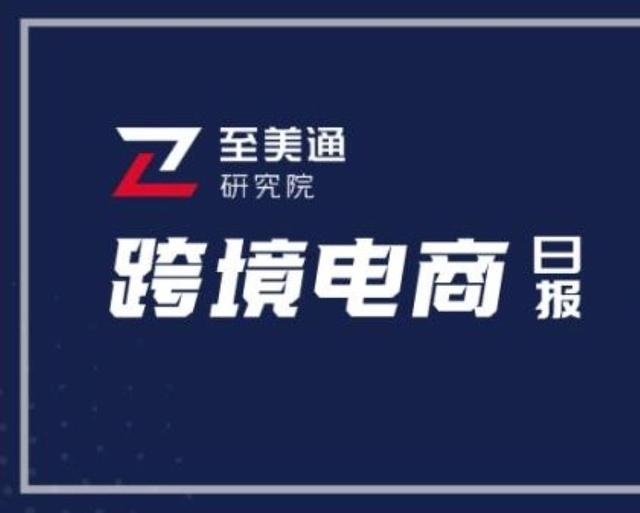
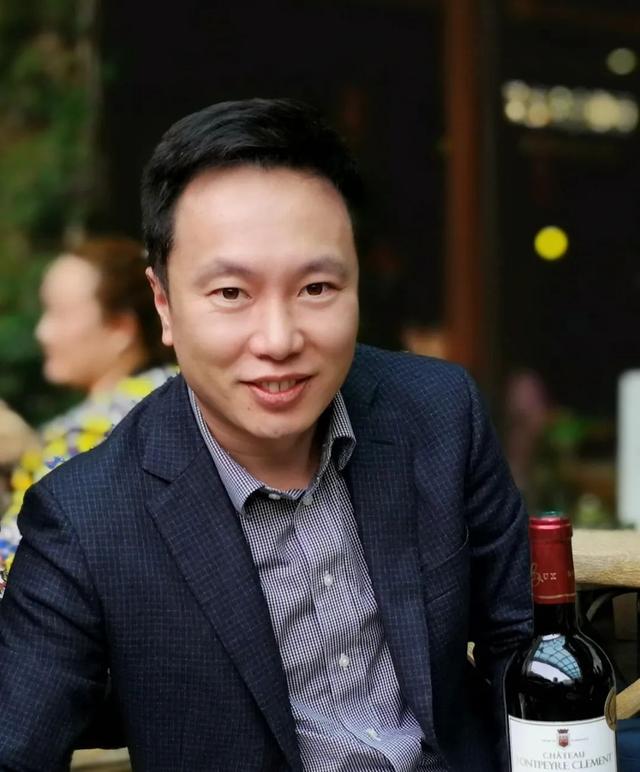


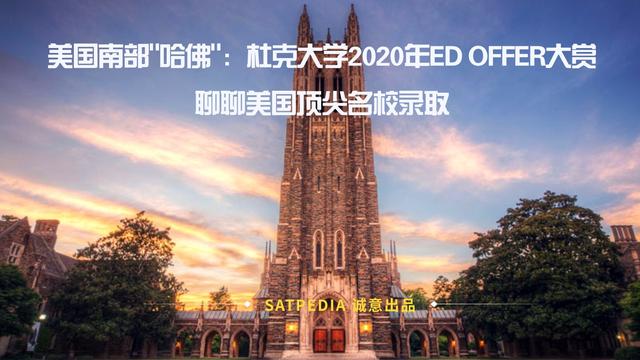

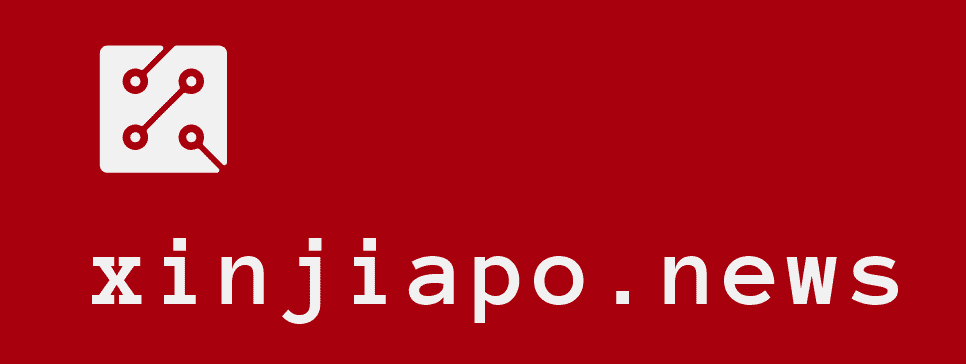











评论